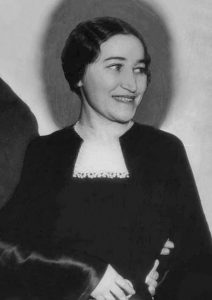Schemers and Dreamers, Ids and Yids
In October 1947, a Jewish-American writer, grandson of a Russian rabbi, completed page 721 of his 721-page novel and set off for a year in Paris with his wife. First novel. First wife.
His novel, published while he was in the French capital, met with widespread acclaim and he started a new novel, which he completed after returning home to New York. Short where his first novel was long, symbolic instead of realistic, and with a skimpy contrived plot, novel number two fell flat on its face.

When he died at the age of 83, his totals were ten novels, six wives and numerous awards—but the gong he yearned for most eluded him.
In September 1948, another young Jewish-American writer (the born-in-Canada variety), also the grandson of a Russian rabbi, went to Paris with his first wife. He already had two accompished but modest novels under his belt and was well into his third. He never finished it. Instead, he abruptly ditched it and started an entirely new work which he completed after returning to America several years later.
His original third novel, the one he jettisoned, would have been in the same competent but dreary league as his previous novels. His new work was a different species altogether, stylistically as well as in subject matter. It provided him with a lush new vein and he mined it to the hilt. When he died, aged 95, his tally was 13 novels, a mere five wives, and one Nobel Prize.
The futures for both writers turned on the novels they started in Paris, but why did this most inspirational of cities prove poisonous for one of them and magical for the other? Continue reading →



 In literature
In literature




 Bernhardine Nienau, Chosen by Hitler
Bernhardine Nienau, Chosen by Hitler